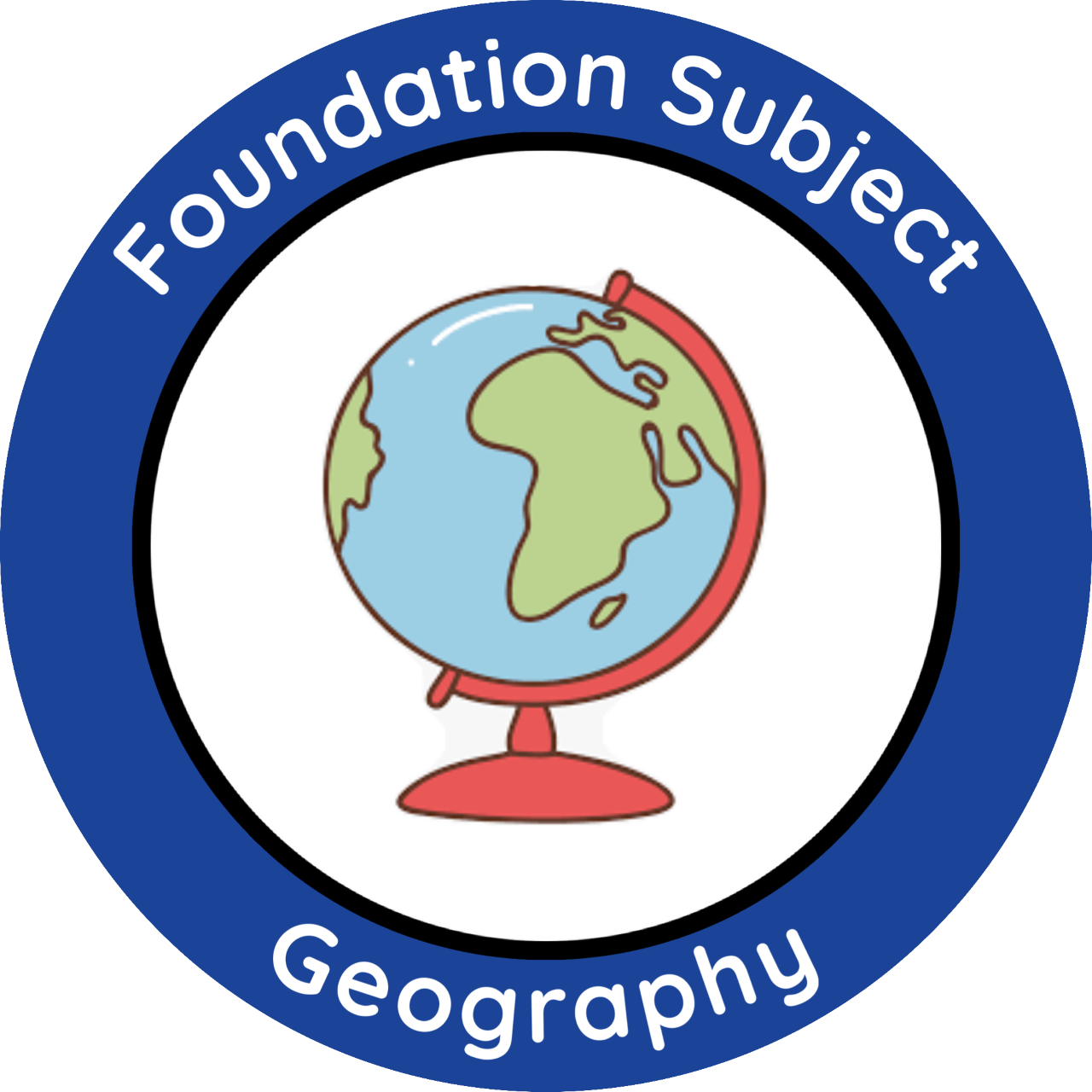Geography
Intent
Our Geography scheme of work aims to inspire pupils to become curious and explorative thinkers with a diverse knowledge of the world; in other words, to think like a geographer. We want pupils to develop the confidence to question and observe places, measure and record necessary data in various ways, and analyse and present their findings. Through our curriculum, we aim to build an awareness of how Geography shapes our lives at multiple scales and over time. We hope to encourage pupils to become resourceful, active citizens who will have the skills to contribute to and improve the world around them. Our curriculum encourages:
A strong focus on developing both geographical skills and knowledge.
Critical thinking, with the ability to ask perceptive questions and explain and analyse evidence.
The development of fieldwork skills across each year group.
A deep interest and knowledge of pupils’ locality and how it differs from other areas of the world.
A growing understanding of geographical terms and vocabulary.
Our Geography curriculum enables pupils to meet the end of key stage attainment targets in the National Curriculum.
Implentation
The National curriculum organises the Geography attainment targets under four subheadings or
strands:
• Locational knowledge
• Place knowledge
• Human and physical geography
• Geographical skills and fieldwork
Our curriculum follows an enquiry cycle that maps out the fieldwork process of question, observe, measure, record, and present, to reflect the elements mentioned in the National curriculum Fieldwork includes smaller opportunities on the school grounds to larger-scale visits to investigate physical and human features. This makes fieldwork regular and accessible while giving children a thorough understanding of their locality, providing a solid foundation when comparing it with other places. Lessons incorporate various teaching strategies from independent tasks to paired and group work, using Franciscan's established oracy strategies to encourage partner talk, including practical hands-on, computer-based and collaborative tasks. This variety means that lessons are engaging and appeal to those with a variety of learning styles.
Impact
We monitor the impact of our curriculum through both formative and summative assessment opportunities. Each topic begins with a unit quiz to evidence children prior knowledge. At the end of the unit, children complete the same quiz to assess children’s progression and understanding. Within lessons, continuous AfL is undertaken to ensure misconceptions are addressed and to continually assess understanding as well as recap prior knowledge. This supports teachers to adapt their teaching to support or challenge their pupils.
Each lesson, children are assessed according to criteria that defines a child who is Working Towards (WT), Secure Understanding (SU) and Greater Depth (GD) in relation to the lesson’s learning objective. The criteria statements are a balance of knowledge and skills to give an overall assessment of an individual child for that unit. Using the percentage guidance, teachers then translate that overall assessment into Sonar tracker. In addition, children write a summative assessment piece at the end of each unit answering the overall unit question, which further evidences their knowledge and skills learnt throughout the unit.
After implementing our Geography curriculum, pupils should leave school equipped with a range of skills and knowledge to enable them to study Geography with confidence at key stage 3. We hope to shape children into curious and inspired geographers with respect and appreciation for the world around them alongside an understanding of the interconnection between the human and the physical.





